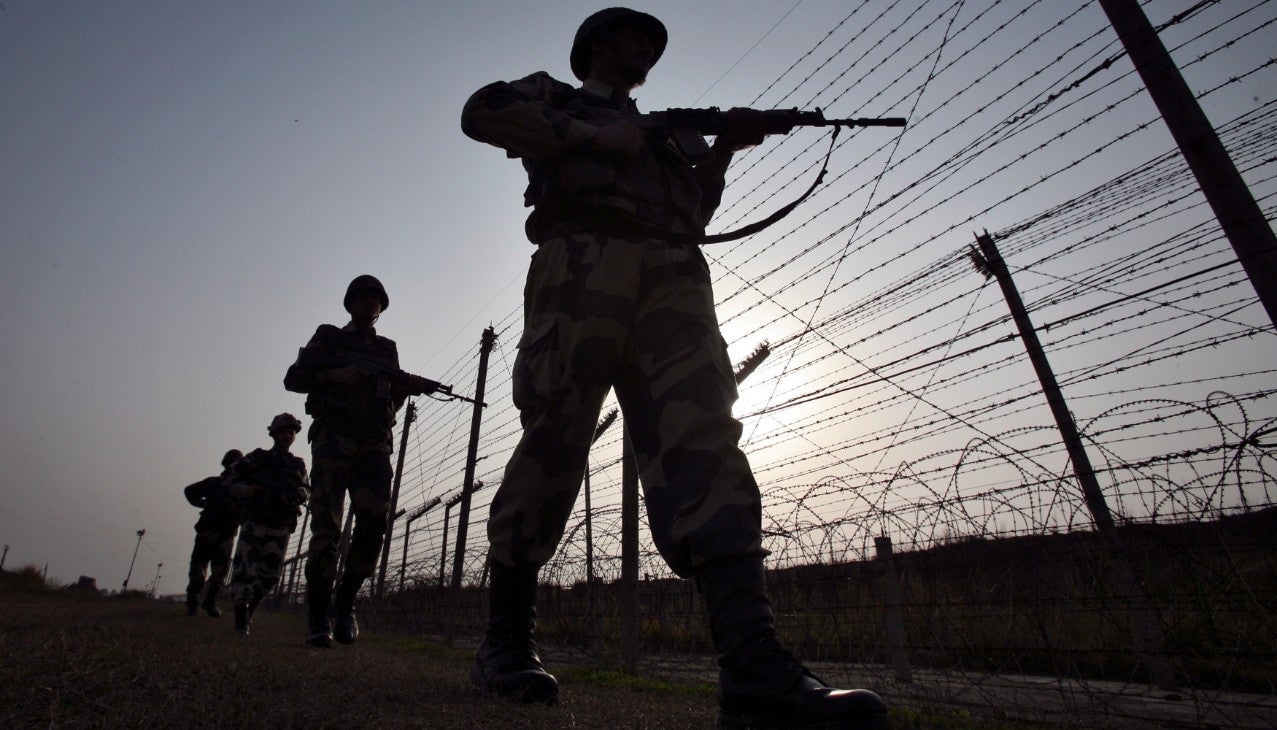Indian fighter jets carry out “pre-emptive” strike at a terrorist camp inside Pakistan
This post has been updated.


This post has been updated.
India today (Feb. 26) carried out “non-military pre-emptive srike” against a terrorist camp across the Line of Control that divides the state of Jammu & Kashmir between India and Pakistan.
The operation by the Indian Air Force (IAF) was aimed at a base of the Jaish-e-Mohammed (JeM), the Masood Azhar-led group proscribed by the United Nations and operating out of Bahawalpur city of Pakistan’s Punjab province.
“India struck the biggest JeM terror camp in Balakot, run by Mazood Azhar’s brother-in-law,” Indian foreign secretary Vijay Gokhale said addressing the media. The operation was in response to credible intelligence that the group was planning to carry out terror strikes across India, Gokhale added. It comes just days after a JeM suicide bomber detonated an improvised explosive device in Pulwama, Kashmir, leading to the death of over 40 Indian paramilitary personnel.
Gokhale emphasised the fact that the strike at the Balakot facility was “non-military” and had avoided civilian casualties, targeting the JeM’s biggest camp and killing a large number of JeM terrorists, trainers, senior commanders, and Jihadis.
The first reports of today’s air strike came from Pakistan when authorities there tweeted that Indian Air Force (IAF) fighter aircraft had crossed the LoC.
Followed by the scrambling of Pakistan Air Force aircraft in response, the IAF fighters released “payload in haste while escaping which fell near Balakot,” Major-General Asif Ghafoor, spokesperson of the Pakistan armed forces, tweeted.
The operation involved 12 Mirage 2000 jets which dropped 1,000 kg of bombs to completely destroy major terror camps in Balakot, Chakothi and Muzaffarabad, Indian news agency ANI earlier.
Balakot is a town in the Khyber-Pakhtunkhwa province of Pakistan, well beyond the section of Kashmir in possession of that country. This makes the ramification of the Indian military action considerably bigger. Besides, even during the 1999 Kargil war, the Indian government had not allowed the IAF to cross the LoC.
In 2016, following a deadly attack on an Indian Army base in Uri of Kashmir, a team of the Indian Army crossed over into Pakistan to destroy terrorist launchpads in a surgical strike.
Following the Feb. 14 attack in Pulwama, the Indian government blamed Pakistan and vowed a strong response; prime minister Narendra Modi is said to have given a “free hand” to the military in the matter. The Pakistan government led by prime minister Imran Khan, on its part, warned India against any misadventure and offered to investigate the Pakistan connection, if any, to the Pulwama attack.
These developments come just weeks ahead of the Indian general elections which are expected to be held sometime in April-May.